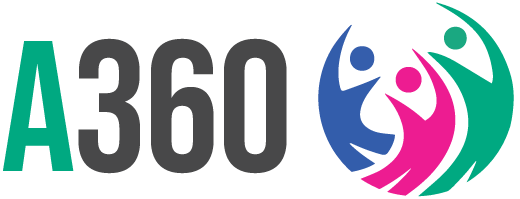Never Stop Learning
We’re not shy about our end goal: a future where girls and young women have the tools they need to pursue the lives they want, with contraception as a critical first step.
We know the road to that future is paved with complexity, so we set up systems to help navigate it well. On a regular basis, A360 country teams unite to think critically, using mixed methods data and ongoing partnerships with youth and local actors to continuously improve as we scale.
Together, these Adaptive Implementation teams learn from our implementation sites, considering whether and how to adapt for optimal results, while maintaining fidelity to the ‘core’ of what makes our interventions deliver value for girls.
This powerful process will take you beyond standard metrics. Your teams will come together in unexpected ways, breaking down silos, learning from the unexpected, and gaining tools to continually assess the quality of A360’s implementation and responsiveness to local needs—as seen through the eyes of our partners and the girls we serve.
Ready to give ADAPTIVE IMPLEMENTATION a try? Scroll down this page for resources and insights to help you tackle these key steps:
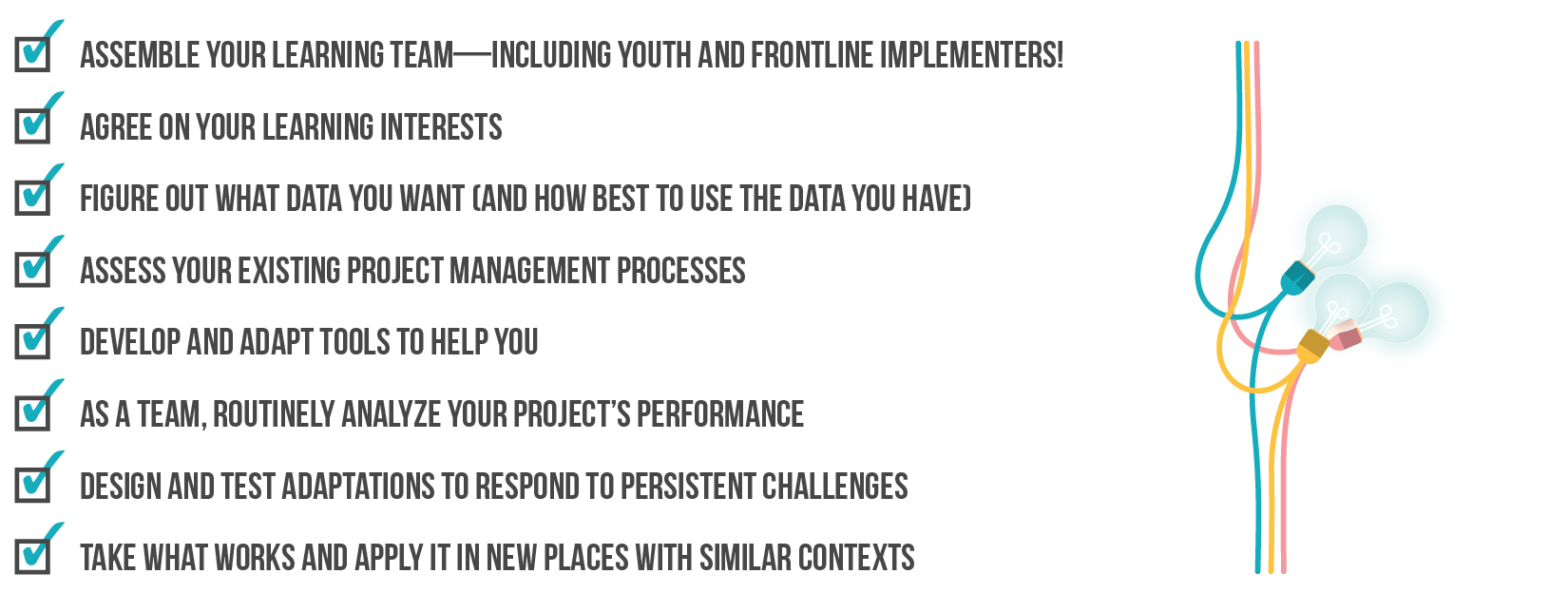
Search Adaptive Implementation Resources

Ethnographic Research and Gender Assessment in Northern Nigeria
New independent research from Nigerian NGO, the Centre for Girls’ Education (CGE), explores how gender dynamics influence contraceptive decision-making among married girls in northern Nigeria’s conservative settings.
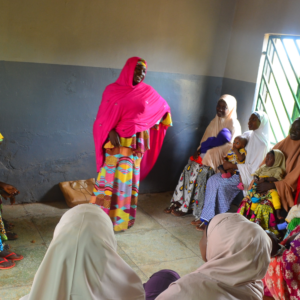
The Case of Matasa Matan Arewa in Northern Nigeria
How can adolescent contraceptive programs balance delivering life skills and contraceptive services in a setting where contraception is stigmatized, and husbands hold most of the decision-making power? This technical brief explores.
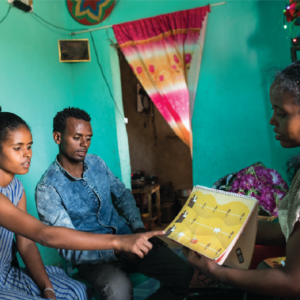
Learnings since A360’s 2018 Mid-Term Evaluation
This technical brief captures what we learned and how we pivoted following our external 2018 mid-term evaluation.
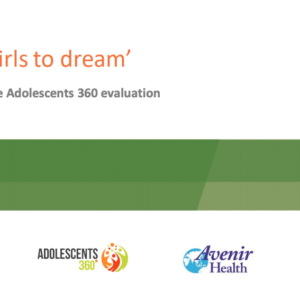
Webinar: Learnings from A360’s 2019 Process Evaluation
Our process evaluation documents A360’s experience implementing its aspirational programming across the project’s four distinct geographies. These resources present the methodology used to develop, and top-line findings outlined in the process evaluation and the Participatory Action Research.
